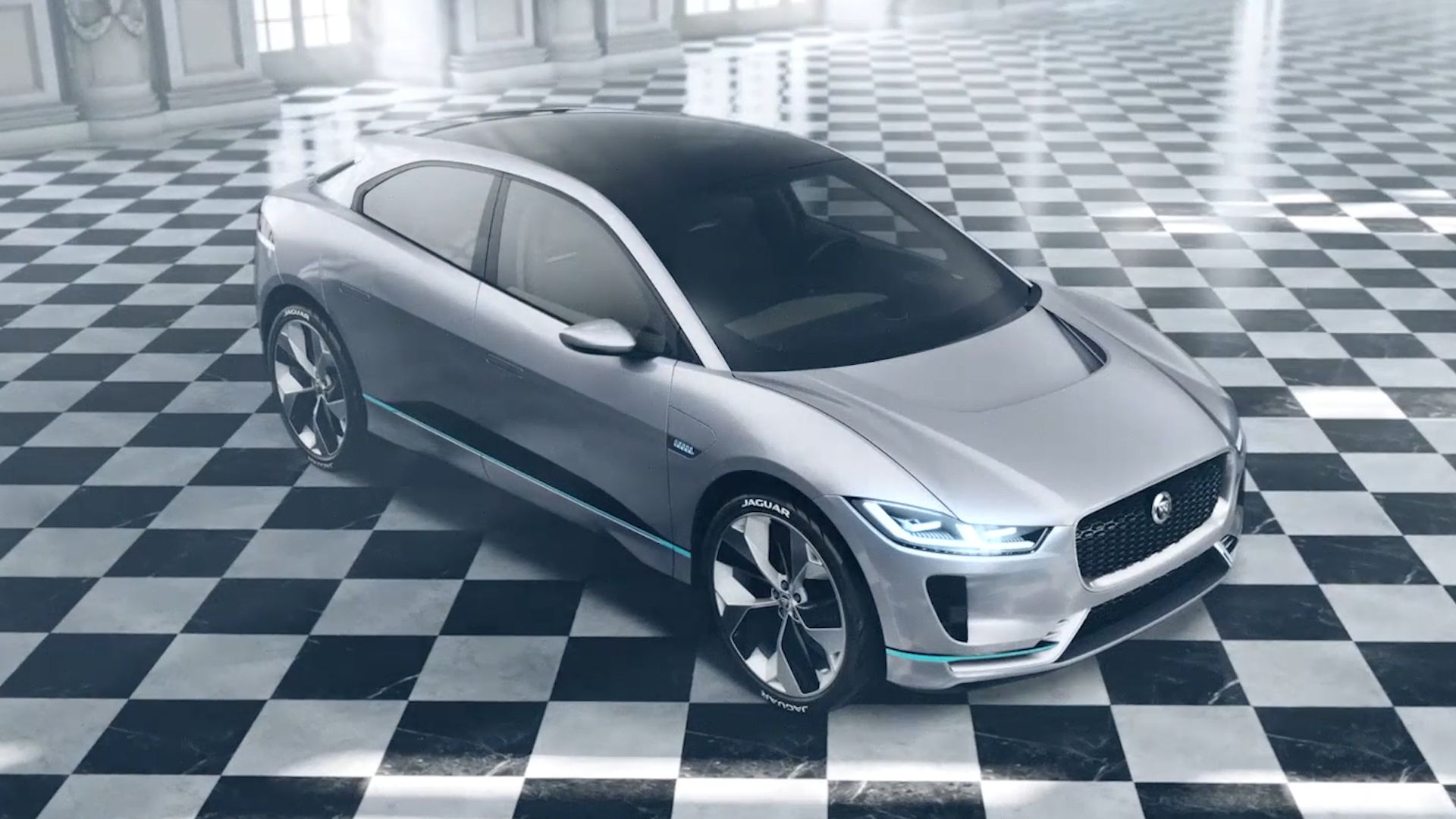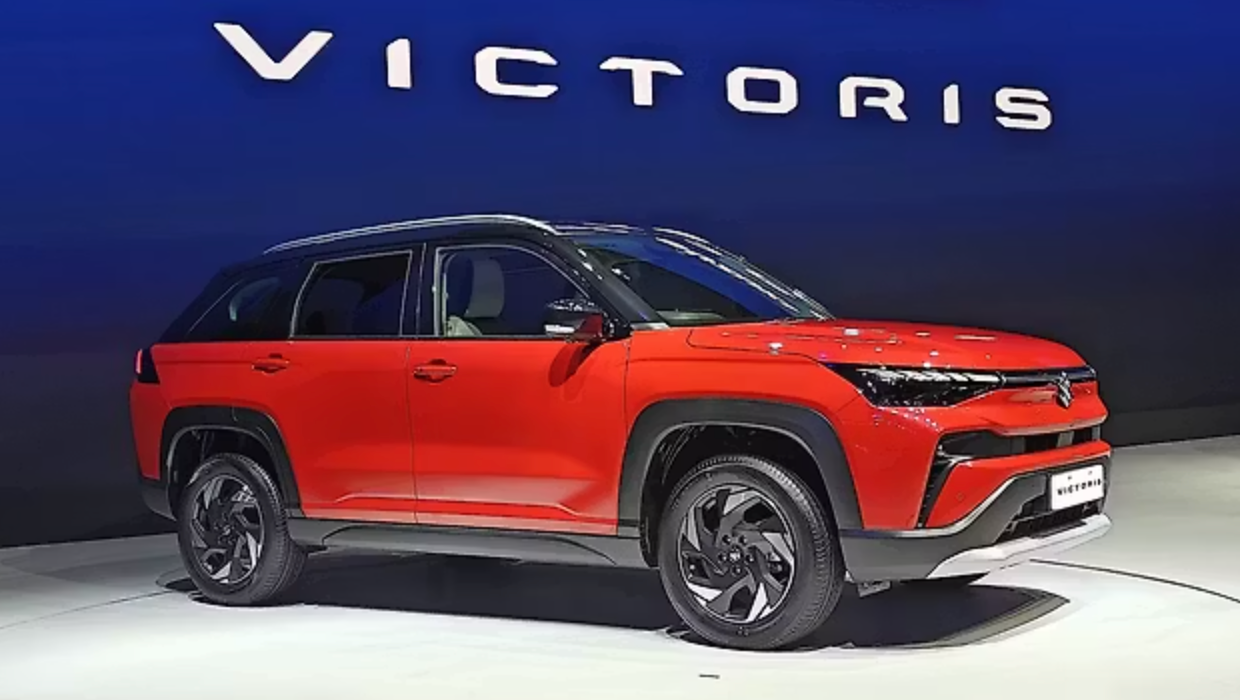The Indian electric vehicle landscape is witnessing a shift. Jaguar’s I-Pace, one of the first luxury electric SUVs to hit Indian roads, has seemingly reached the end of its journey in the country. The carmaker has removed the I-Pace from its official Indian website and paused bookings, hinting at its potential discontinuation. This comprehensive article explores the I-Pace’s history in India, its specifications, features, and the possible reasons behind its departure.

A Pioneering Arrival: The I-Pace Enters the Indian Market (2021)
In 2021, Jaguar marked its entry into the Indian electric vehicle market with the I-Pace. This luxurious electric SUV arrived as a direct competitor to established players like the Mercedes-Benz EQC and the Audi e-tron. Back then, the I-Pace was offered in three distinct variants: S, SE, and HSE, catering to a wider range of budgets and preferences.
A Single Option Reigns Supreme: The I-Pace Streamlines its Lineup
As the I-Pace progressed through its lifecycle in India, Jaguar streamlined its offerings. Towards the latter stages of its availability, the carmaker opted to discontinue the S and SE variants, leaving only the top-of-the-line HSE variant on sale. This strategy might have been a response to market demand or a way to optimize inventory management.
Unveiling the I-Pace’s Electric Prowess: Specifications and Performance
The Jaguar I-Pace boasted an impressive electric powertrain, capable of delivering exhilarating performance and a decent driving range. Here’s a closer look at its key specifications:
- Battery Pack: The I-Pace came equipped with a single, powerful 90 kWh lithium-ion battery pack, providing the necessary energy for its electric motors.
- Electric Motors: The I-Pace featured a dual-motor, all-wheel-drive (AWD) setup, ensuring optimal power distribution and handling capabilities.
- Power Output: The electric motors churned out a healthy 400 PS of power, translating to an exciting driving experience.
- Torque Figures: The I-Pace delivered a staggering 696 Nm of torque, offering impressive pulling power and acceleration capabilities.
- WLTP-Claimed Range: According to the WLTP (Worldwide Harmonized Light Vehicle Test Procedure) standard, the I-Pace boasted a claimed range of up to 470 km on a single charge. This figure provided a good degree of driving range for most urban commutes and even some inter-city journeys.
- Acceleration: The I-Pace could sprint from 0 to 100 km/h in a mere 4.8 seconds, showcasing its impressive acceleration capabilities for a luxurious SUV.
Charging Options: Keeping the I-Pace Juiced Up
Jaguar offered a variety of charging options for the I-Pace, catering to different needs and charging infrastructure availability:
- DC Fast Charging: The I-Pace supported DC fast charging of up to 60 kW. This meant that a quick 15-minute charge could provide enough range for approximately 127 km, ideal for topping up the battery during long journeys. A full charge from 0 to 100% using a 60 kW DC fast charger could be achieved in around 55 minutes.
- 50 kW AC Charging: For those with access to a 50 kW AC charger, the I-Pace’s battery could be charged up to 80% in an hour, offering a range of around 270 km. This can be a convenient option for overnight charging at home or public charging stations.
- 7.4 kW AC Charging: The I-Pace came with a standard 7.4 kW AC charger, suitable for home charging setups. While slower than DC fast charging, it provided a convenient way to charge the SUV overnight.
- Optional 11 kW Wallbox Charger: Jaguar offered an optional 11 kW wallbox charger for home installations. This faster AC charging option could fully charge the I-Pace in approximately 12.9 hours, a more time-efficient solution compared to the standard 7.4 kW charger.
Frequently Asked Questions:
Is the Jaguar I-Pace officially discontinued in India?
While Jaguar hasn’t made an official announcement, removing the I-Pace from the website and pausing bookings strongly suggests its discontinuation in India.
What were the key specifications of the Jaguar I-Pace?
The I-Pace boasted a 90 kWh battery pack, dual electric motors with 400 PS of power and 696 Nm of torque, a claimed WLTP range of up to 470 km, and DC fast charging capabilities.
What were the reasons behind the possible discontinuation of the I-Pace?
Limited sales figures, a shift towards newer electric models, and global strategy alignments could be some potential reasons.
What are some alternative electric SUVs in the Indian market?
Alternatives include the Mercedes-Benz EQC, Audi e-tron, and BMW iX. However, these are also positioned in the premium segment.




